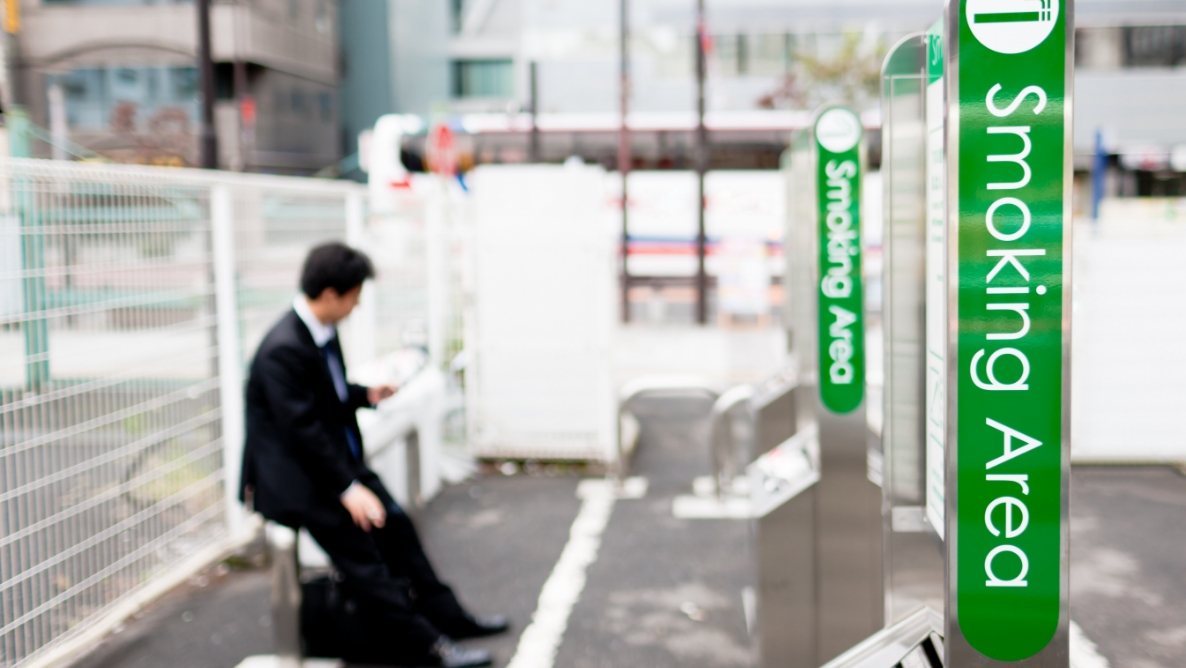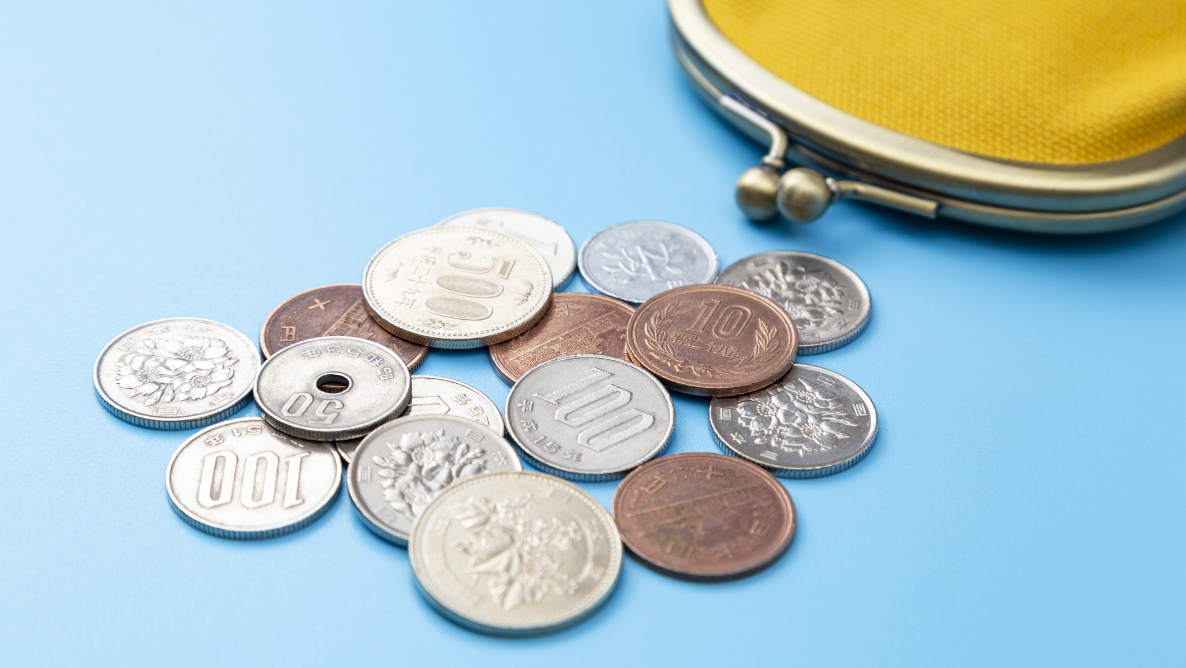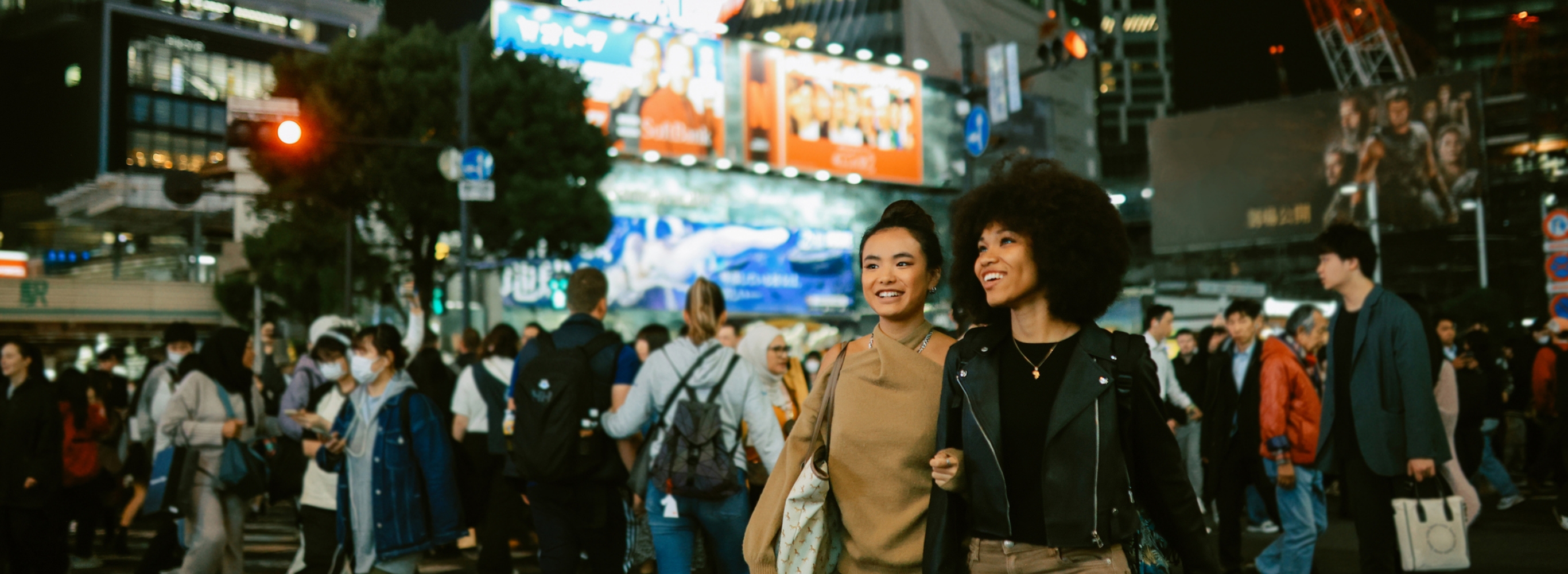While Tokyo is great to explore any time of day, after dark is when this 24-hour city truly comes alive. The capital boasts stunning night views, a deep and diverse club scene, some of the world’s best bars, and a vibrant nighttime culture that makes the city pulsate with energy whatever the hour.
On top of all that, Tokyo is also one of the world’s safest cities to be in at night. Streets and public facilities are generally clean and well-maintained, the crime rate is extremely low, and residents often go out of their way to help lost or troubled travelers.
Nonetheless, staying safe—and being a respectful visitor—starts with you. Here are a few things to keep in mind before you hit the streets and start discovering the capital in all its after-dark glory.
Keep your drinking—and smoking—off the streets
In Tokyo, convenience stores and 24-hour supermarkets sell alcohol around the clock and drinking in public not prohibited by law. It is, however, frowned upon by locals, due to issues with noise and people leaving trash behind. The Shibuya district, for example, has enacted a city ordinance that bans drinking on the street in parts of the district. To sum up, rather than camping outside the convenience store, it’s always a better idea to support local establishments by exploring the bar scene. Smoking, meanwhile, is generally prohibited both indoors and outdoors, although some bars, restaurants, and other facilities have smoking rooms. If you’d like to enjoy a cigarette outside, look for a designated smoking area. Note that Japan’s age limit for both alcohol and tobacco is 20.

Some spots are best enjoyed with a friend
Replete with bars, nightclubs, late-night eateries and general sensory overload, Tokyo’s many neon-lit entertainment districts can feel a bit intimidating for the first-time visitor. Instead of trying to navigate these parts of the capital alone, it’s a good idea to explore them with a friend. Revelers in groups are less likely to be targeted by touts or shady solicitors, or be charged unfair rates at a bar or club (rare, but it does happen).
Hold on to your trash
Compared to most other world cities, Tokyo has relatively few trash cans. Nonetheless, the capital’s streets are famed for their cleanliness. What’s the catch? People taking their trash home, of course. Littering is considered extremely bad manners, so although it might seem like a pain, please put in the effort to bring any waste back to where you’re staying. Think of it as helping keep the city a pleasant place to be for everyone—and it’s also a great reason to reduce the amount of trash you produce in the first place. And if you do spot a garbage can, be sure to check the sorting labels before disposing of your trash.

It pays to carry cash
While credit cards and all manner of cashless payments are widely used throughout Tokyo—to the extent that some restaurants and shops don’t take cash at all—it’s still a good idea to carry some yen notes and coins on you. A small number of independent businesses such as bars and eateries remain cash only, and carrying cash is also the best way to insure yourself against technical issues with mobile payments and problems relating to credit cards issued outside of Japan. At night, it’s also worth noting that late-night surcharges apply at many restaurants and establishments such as karaoke, as well as in taxis.





